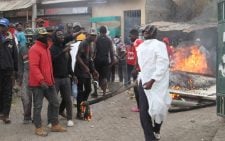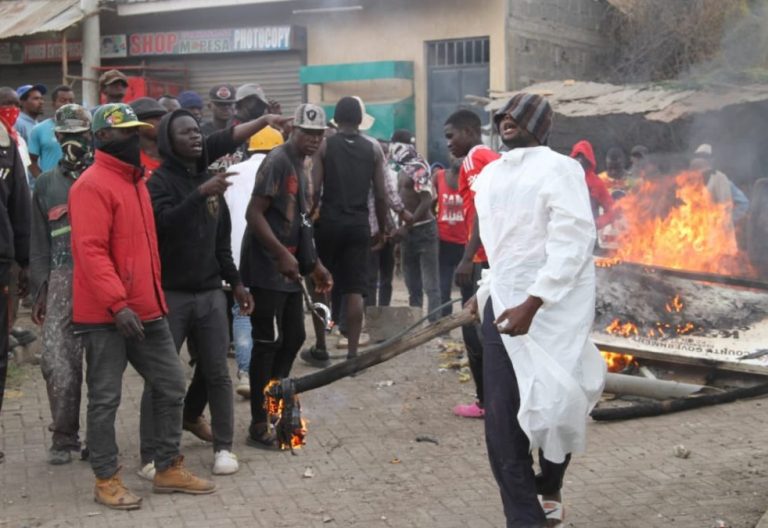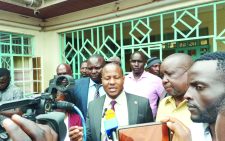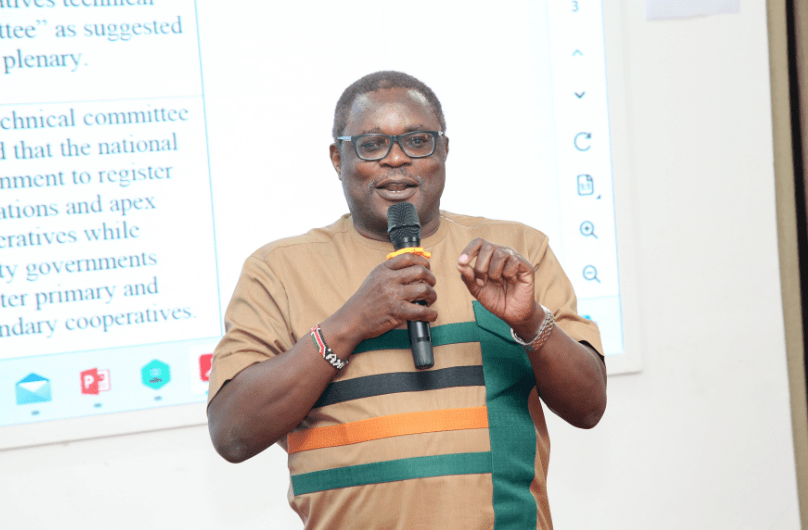Anxiety grips nation over KCSE results release delay

The delay by the government to release last year’s Kenya Certificate of Secondary Education (KCSE) has heightened anxiety among candidates and parents amid fears it could be as a result of massive irregularities.
Also being cited is the new system whereby each examination paper was customised for each candidate, with their name, index number and school pre-printed on it that led to mix ups and confusion during marking and tallying.
As a result of the massive irregularities and mix up brought about by the new system that customised candidates’ papers, sources told the People Daily that the Kenya National Examinations Council (Knec) could be engaged in standardisation and moderation of the results.
This claim of standardisation and moderation appear to have been augmented by Basic Education Principal Secretary Belio Kipsang who while explaining reasons behind the delay, said the results of the 2024 Form Four exams are “undergoing analysis of scores and grades.”
Largest candidature
According to Kipsang, the delay has been occasioned by the large number of candidates last year. The 2024 exams had the largest candidature in the history of the examinations.
“This is the second year we are releasing results at the beginning of the year because… you know the problem with all of us is that when we release results in December, we are accused of rushing. So, we decided to take time to address all issues and ensure the smooth release of results,” asserted Kipsang.
He, however, dismissed claims that the results had been delayed to allow manipulation in favour of big national schools. The process of analysis allows Knec to review the results to catch any anomalies.
Reached for comment yesterday, Kipsang maintained his earlier stance, insisting that there were neither irregularities nor the mix up.
The new system of customising the papers marked departure from the past where candidates were required to write their details on the papers, a loophole exploited over the years to abet examinations malpractices such as impersonation.
Marking exams
While announcing the introduction of the new system last year, Knec chief executive David Njengere said personalisation would cure impersonation, an examination malpractice whose prevalence has for a long been a major concern as well as help track individuals involved in cheating.
According to Njengere, rather than penalizing entire schools or examination centres over cheating, the new system was to help the national examiner deal with particular individuals implicated in cheating.
But the new system is now being said to have caused more confusion during marking and now believed to have been one of the reasons behind the delay in the release of the results.
According to interviews with multiple teachers involved in marking the examination, at the end of each paper, the part with the candidates’ details was torn off and packed separately to guard against examiners identifying the candidates while marking.
Markers were therefore required to use some special codes and unique students’ identifier while handling the papers.
However, during marking some examiners ended up confusing the two, the codes and students’ identifier and ended up awarding marks to wrong candidates.
“There was lost of mix up during the marking and tallying of the examinations as not all examiners were well acquainted with the new format. Some of us ended awarding marks to wrong candidates due to the mix up on the codes and personal students’ identifier.
In some instances, some index numbers appeared twice, with one exam paper belonging to a student from a different school entirely.
And although the government has denied claims that the 2024 KCSE may have been marred by massive irregularities, a cross section of examiners are raising the red flag, questioning how sheets of candidates from schools in a particularly locality could have similar answers bearing similar spellings.
A case is cited in Kiswahili Paper Three, where a question that carried 10 marks out of 80 had to be cancelled after it was discovered it was wrongly set.
Massive irregularities
“It was interesting when we noted that students from schools from a certain county had similar answers, though they were all wrong,” one examiner told the People Daily yesterday.
Examiners believe that the widespread similarities in the answers could be an indication of either some teachers sitting the exams on behalf of the candidates or the candidates accessed the papers earlier before hand.
There are also concerns that students may have performed exceptionally well in certain examinations, particularly History and Christian Religious Education (CRE) thereby calling for close scrutiny and subsequent standardisation and moderation.
Last week, Education Cabinet Secretary had disclosed that the 965,501 candidates who sat the 2024 KCSE exams could know their fate by Tuesday this week.
The CS had said the examiners were finalising on the marking of the KCSE exams ahead of the release of the results.
“Traditionally, the KCSE exams were released in January and we are keeping to that tradition and we will be releasing them within the next two weeks,” Ogamba had said in Kisii.
Massive irregularities
The CS dismissed fears over the delays in the KCSE release noting that the date has always been January and not December as earlier speculated by a section of the media.
“Results that used to be released in December were for the Kenya Certificate of Primary Education (KCPE) and this year, we did not have KCPE, and that might have caused some confusion. We’re going to release the KCSE exam results in January, the first two weeks of the month,” the CS said.
The KCSE exams officially came to an end on November 22, 2024, paving the way for the marking exercise. The candidates are the fourth last cohort under the 8-4-4 education system.
The marking exercise was scheduled to take three weeks and came to an end in mid-December. The exercise happened in 35 centres, which included secondary schools and colleges.
Examiners insist that going by the similarities of answers by candidates, the 2024 examination was marred with irrationalities than ever before.












